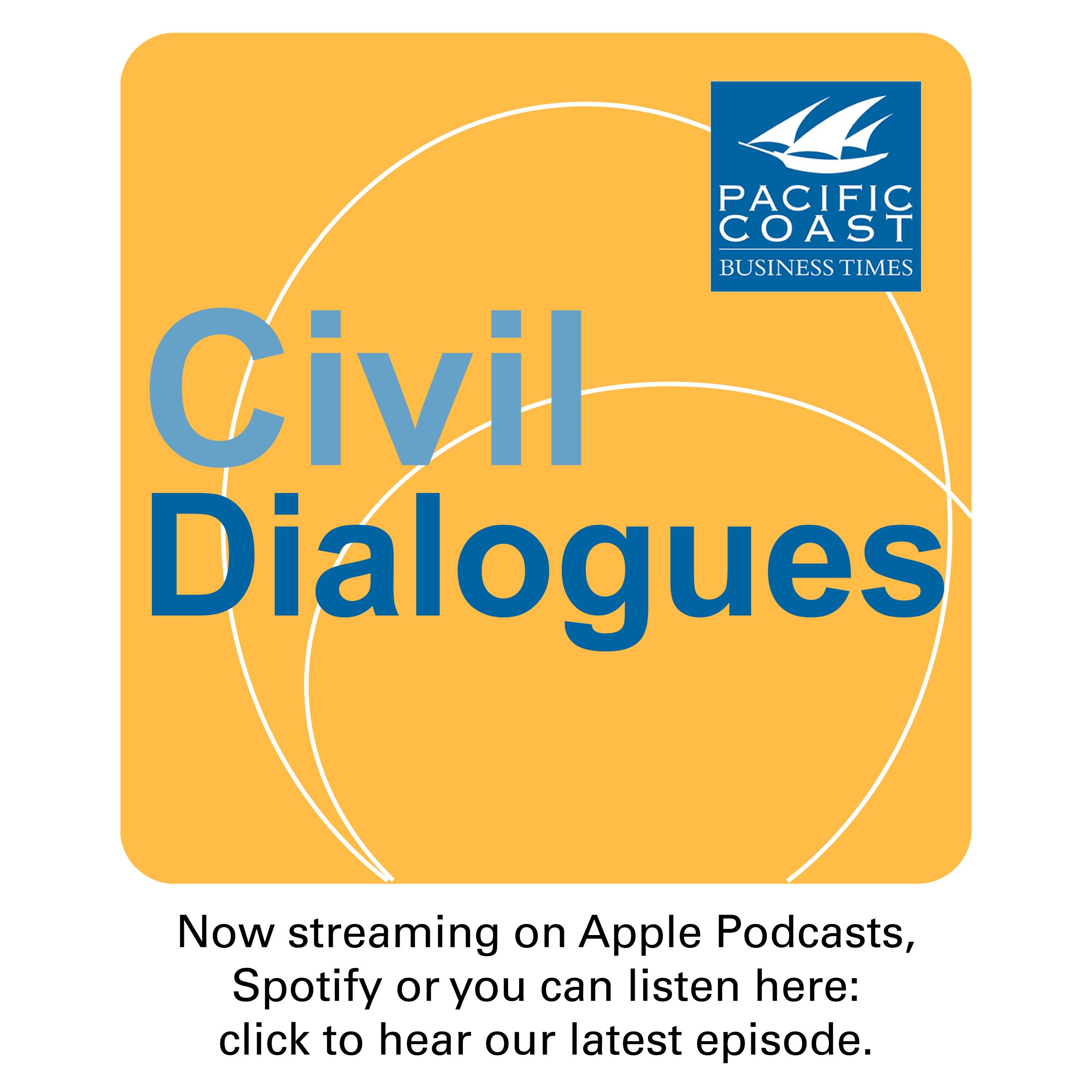Culture key to attracting and retaining top talent

Vlad Vaiman
By Vlad Vaiman
There have been quite a few conversations lately on the importance of organizational culture in managing talent or, in other words, in attracting, developing and retaining top performers. There are several aspects of your company’s culture you should examine to determine how well you are doing.
It is important to keep in mind that organizational culture should not be just a collection of inspirational slogans. It must start with a complete understanding of what your company stands for and how you expect to be the best in anything you do. To achieve that level of clarity, your overall business strategy has to be both well-defined and compelling so that it motivates people to perform at their finest. To be successful, talent management strategies, in turn, should be deeply embedded in organizational culture.
According to a recent survey of leaders in various U.S.-based organizations that I conducted, only 69 percent of all respondent companies feel that their culture supports the business strategies and enables effective talent management. Clearly, there is some room for improvement.
An organization’s leaders should help all employees develop a clear sense of what the company is and should be. To help accomplish this, they should select employees who can support, express and reinforce the desired values and nurturing traditions and rituals that articulate and bolster the culture. In my recent survey, more than 80 percent of respondents feel that their employees likely could not capture what it means to be a member of their respective organization. This large number should be a cause for concern.
Most successful organizations have strong and cohesive cultures – those that stimulate cooperation, trust, care, authentic recognition and professional growth and development.
As Bill Taylor wrote recently in the Harvard Business Review, it is important for organizations to energize and elevate the way its employees behave, so that they can energize and elevate the way their organization competes and succeeds. Unfortunately, nearly 40 percent of my respondents do not feel that their organizational culture is strong enough to ensure long-term success.
Taylor also pointed out the danger of success causing a culture to become too ingrained to change in response to shifts in markets or technology. The best cultures promote and reinforce the values of constant organizational learning that ensure both strength and flexibility. They are “learning organizations” that facilitate the education of all their members and continually transform themselves. It is pivotal to accept unintended errors as an essential part of organizational learning, making sure that employees reflect on those errors and learn from them. Organizational culture should reinforce the values of a learning organization so that employees and their organization can easily bounce back and compete like they did before.
Actively managing an organizational culture so that it is strong, supports the business strategy and enables innovation and change is extremely important since it has potential to improve an organization’s competitive advantage and performance.
It is imperative to make work more meaningful and design jobs that are interesting and challenging. Then, help people feel important and valued and work on re-establishing trust through engagement and relationship-building. A meaningful next step would be to train existing and upcoming leaders and managers to be supportive. Also, make an effort to provide authentic recognition with purpose that your employees can clearly see. Make sure that one of your strategies focuses on growth and development, and that people are aware of it. Lastly, create an environment that links performance to company values and desired behaviors. This will definitely become your most powerful tool to attract and retain top talent.
• Vlad Vaiman is associate dean of the California Lutheran University School of Management.













